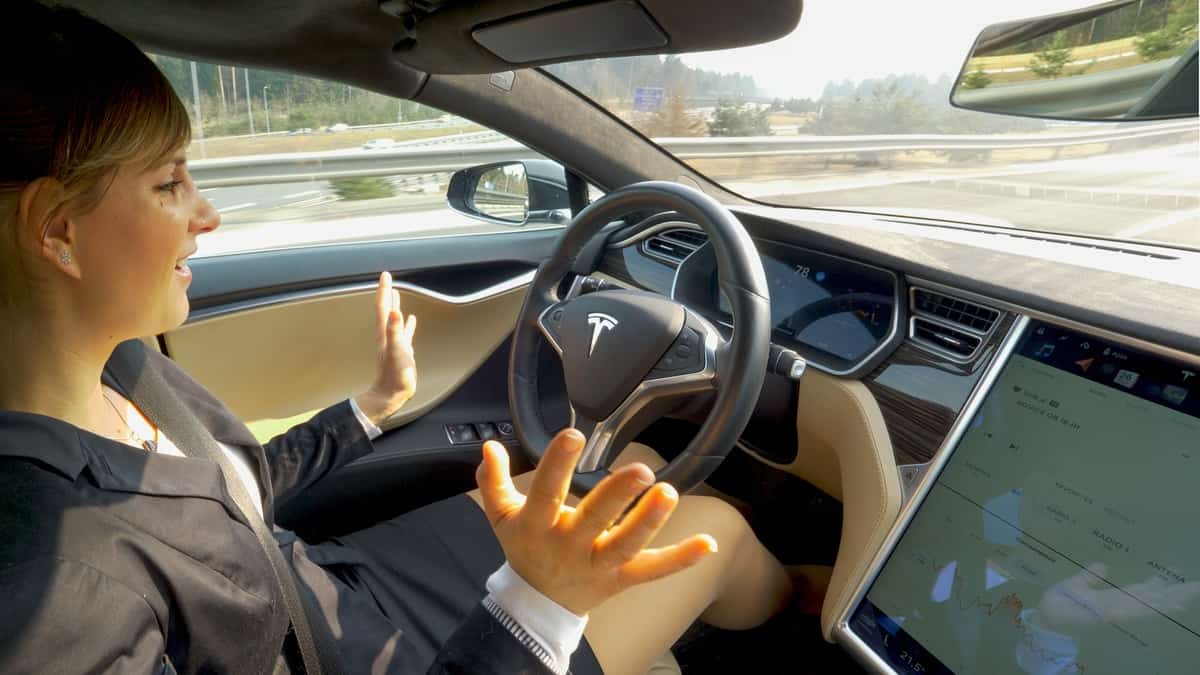China’s electric vehicle industry continues to expand owing to the efforts of the local and foreign electric automakers there. In effect, competition in the world’s largest automotive market has also been intensifying.
For instance, Chinese giant BYD is leading the overall new energy vehicle market. Meanwhile, Tesla remains on top when it comes to all-electric vehicle sales.
As part of Tesla’s efforts to sustain its leading position, it now aims to bring its controversial Full Self-Driving (FSD) Beta to the Asian country.
However, Chinese officials seem hesitant to welcome the Musk-led automaker’s semi-autonomous driving technology over data security and spying concerns.
Tesla operates FSD test version in “shadow mode”
Tesla China Analyst (@teslashanghai) posted on Twitter/X that the automaker has already deployed the FSD test version in the country. Apparently, it is running under “shadow mode” to collect data to prepare for small-scale trials.
The self-proclaim Analyst further noted that Tesla gathers necessary data from the vehicle’s status, external cameras, map locations, and travel details to enhance the FSD software.
If successful, Chinese customers may soon get to experience Tesla’s FSD Beta.
However, it must be noted that Tesla China has yet to confirm these speculations. Launching the FSD Beta in the country is crucial for the American EV giant to stay competitive in the highly competitive market.
In fact, its local rivals NIO, XPeng, and Huawei have already launched their driver-assist technologies in the country.
Tesla online community (@CommunityTesla) also reported that the automaker had established a local team for the FSD launch.
Roadblocks
Tesla’s FSD efforts in China are currently facing some setbacks over national security concerns.
For instance, a Southern city’s airport reportedly banned Tesla vehicles from parking near the area due to “confidentiality” issues with its Sentry Mode feature. With this ban, the EVs from the American company can only drop off and pick up passengers at the airport.
In response, Tesla explained in a Weibo post that Sentry Mode’s data is “only stored offline on the USB device inside the car.” Moreover, it emphasized that both owner nor the company cannot remotely access the EV’s surroundings online.
“[Users] must review and comply with local laws, regulations, and any applicable rules regarding the use of cameras and assume full responsibility.”
Tesla
See Also:
- Mercedes-Benz’s Drive Pilot to rival Tesla’s FSD in China
- BMW China to localize L3 autonomous driving development
- Tesla reportedly revises FSD transfer term for private resale
- Tesla updates referral program for new Model 3 and Y customers in US and China
- Tesla discreetly tests FSD software in Australia, per report
Tesla’s interest in offering the FSD Beta in China is undoubtedly part of its strategy to attract more local customers. Considering the accelerated push of its rivals, it must continue to be competitive in the Chinese EV market.

